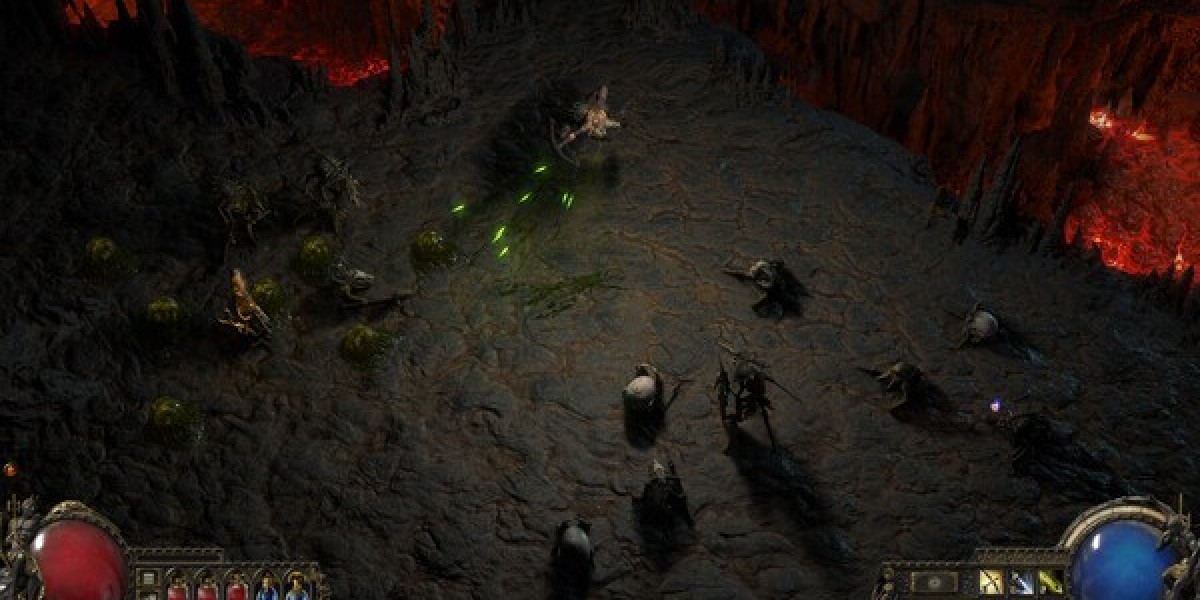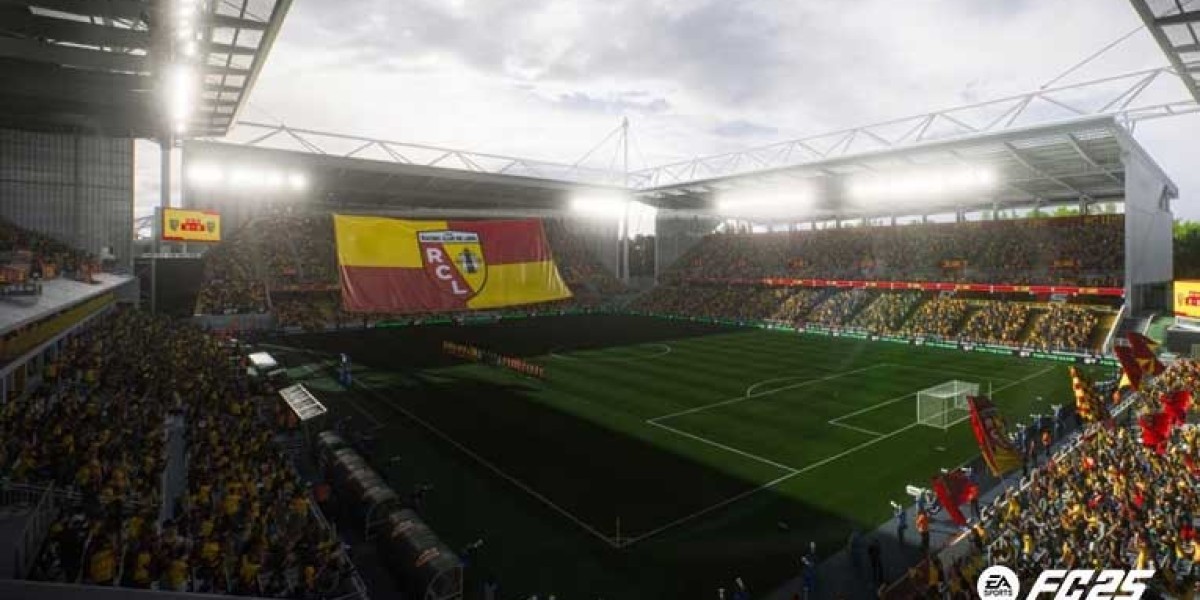The Importance of Surveillance Camera Maintenance: Tips for Longevity and Performance
Surveillance cameras play a critical role in ensuring the safety and security of homes and businesses. However, their effectiveness depends on regular maintenance. Neglecting upkeep can lead to reduced performance, system failure, or even security breaches. This guide explores the importance of surveillance camera maintenance and provides actionable tips to maximize their lifespan and functionality.
Why Maintenance is Key for Surveillance Cameras
Surveillance cameras are a long-term investment, but they require routine care to function optimally. Dust, weather conditions, and technical glitches can compromise their performance over time. Regular maintenance helps detect and fix issues early, ensuring uninterrupted monitoring and a higher return on investment.
Benefits of Well-Maintained Security Cameras
Proper maintenance ensures your security cameras provide clear footage, operate smoothly, and last longer. Additionally, a well-maintained system deters potential intruders, enhances safety, and reduces the likelihood of costly repairs or replacements.
Common Issues in Surveillance Cameras
From blurred images to connectivity problems, surveillance cameras face various challenges. Dirt accumulation, outdated software, and damaged wiring are common culprits. Understanding these issues is the first step toward maintaining a reliable security system.
Regular Cleaning: A Crucial Step
Dust and debris can obscure camera lenses, leading to unclear footage. Clean your camera lenses regularly using a microfiber cloth and a lens cleaner to maintain optimal video quality. This simple step ensures your cameras capture sharp and clear images.
Inspecting Connections and Wiring
Faulty wiring and loose connections can cause power outages and data transmission failures. Periodically inspect cables and connectors to ensure they are secure and undamaged. Replacing worn-out wires can prevent system malfunctions.
Checking Camera Placement and Alignment
Environmental factors like strong winds or accidental bumps can misalign your cameras. Regularly check that your cameras are positioned correctly to monitor the intended areas. Adjust their angles if necessary for better coverage.
Updating Software and Firmware
Outdated software can leave your security system vulnerable to cyberattacks. Ensure your surveillance cameras are equipped with the latest software and firmware updates. This enhances performance and protects against potential security threats.
Testing Camera Performance
Conduct routine tests to verify that your cameras are functioning properly. Check image quality, night vision, motion detection, and playback features. Testing ensures all components work as intended and identifies areas needing attention.
Scheduling Professional Inspections
While DIY maintenance is essential, hiring professionals for annual inspections adds an extra layer of assurance. Experts can identify hidden issues, provide repairs, and offer insights into improving system performance. Explore solutions for your surveillance needs at Home - Buy Security Cameras.
Protecting Cameras from Weather Damage
Outdoor cameras are exposed to harsh weather conditions, which can damage their components. Use weatherproof housing and covers to shield cameras from rain, snow, and extreme heat. Regular inspections can also help identify weather-related wear and tear.
Ensuring Compatibility with Security Alarms
Surveillance cameras often integrate with alarm systems for enhanced security. Ensure your cameras and alarms work seamlessly together by maintaining compatibility. Learn more about advanced security systems at Security Alarms Archives - Buy Security Cameras.
The Role of Backups in Camera Maintenance
Data loss is a significant concern in surveillance systems. Regularly back up your footage to secure storage, such as cloud-based platforms or external drives. This practice ensures you always have access to critical recordings when needed.
Monitoring and Reviewing Camera Footage
Maintenance isn’t just about hardware—it also involves reviewing camera footage. Regular monitoring helps identify suspicious activity, system glitches, or areas requiring improved coverage. Staying proactive minimizes risks and optimizes your system's performance buy security camera.
Tips for Indoor Camera Maintenance
Indoor cameras require special attention to dust accumulation and lighting conditions. Place them in areas with minimal interference and avoid pointing them directly at windows, which can cause glare. Adjust their settings for better indoor coverage.
Where to Buy High-Quality Security Equipment
Investing in quality equipment reduces maintenance needs and enhances performance. For reliable surveillance solutions, explore the wide range of products available at Shop - Buy Security Cameras.
FAQs
1. How often should I clean my surveillance camera lenses?
It’s recommended to clean your camera lenses every 1-2 months or as needed, depending on the environment.
2. What tools should I use to clean surveillance cameras?
Use a microfiber cloth and a lens cleaning solution to avoid scratching or damaging the lens.
3. How can I protect outdoor cameras from extreme weather?
Use weatherproof housings and covers to shield cameras from rain, snow, and heat.
4. Why is updating firmware important for surveillance cameras?
Firmware updates fix bugs, improve performance, and protect your cameras from cybersecurity threats.
5. Can I perform maintenance on my cameras myself?
Yes, basic maintenance like cleaning and testing can be done yourself, but professional inspections are recommended annually.
6. How do I know if my camera needs replacement?
Frequent malfunctions, poor image quality, and outdated technology are signs your camera may need to be replaced.



